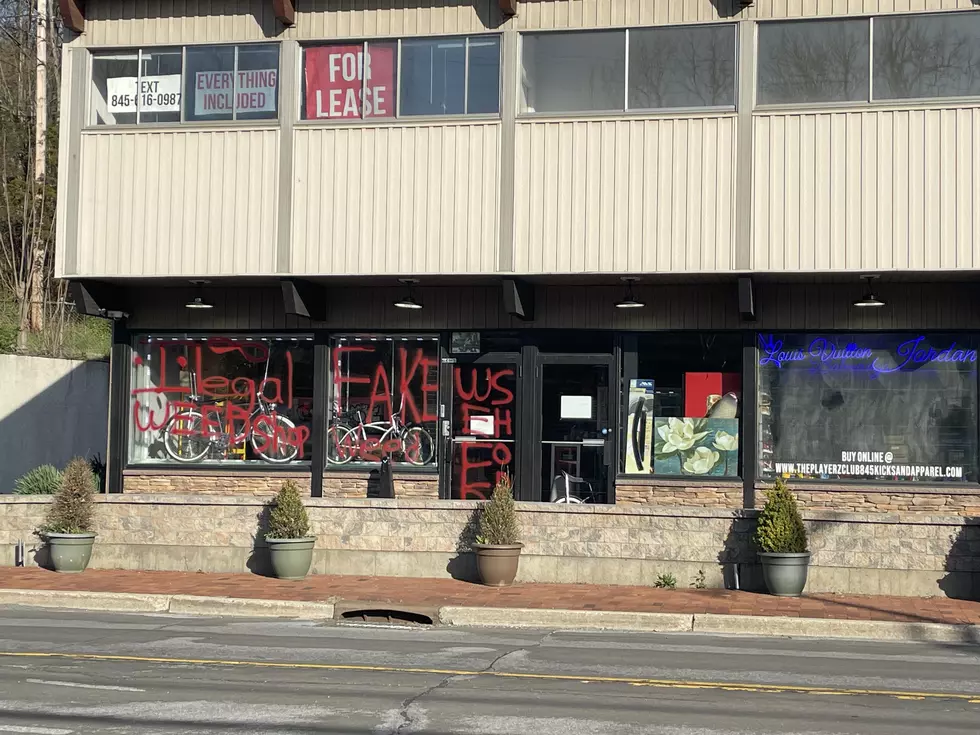
Poor Planning for 2018 Storms Nets $10.5M Settlement
Power outages for more than 300,000 New York State Electric & Gas Corp. (NYSEG) and Rochester Gas & Electric (RG&E) customers in 2018 following brutal winter storms were the result of poor planning, according to a recent settlement between the utility providers and the state.
In an announcement from the Governor’s office this week, the state settled with both utility providers for a total of $10.5 million, the largest settlement ever for failure to follow utility emergency response plans.
Winter Storms Riley and Quinn hit the mid-Hudson Valley region just five days apart in March of 2018, which turned into peak outages of 500,000 and 162,000 each, resulting in some residents being without power for more than a week. On top of those major storms, the response to three other weather events was investigated, including a windstorm in western New York in April; another windstorm in the Plattsburgh and Glens Falls areas in May; and a severe thunderstorm in the mid-Hudson region in mid-May.
"It is beyond unacceptable to leave hundreds of thousands of customers in the dark for as long as these utilities did last year," Governor Andrew Cuomo said. "This settlement makes crystal clear that utilities in New York have an obligation to prepare for severe weather and to develop robust storm response programs, and if they fail to adequately do that job we will hold them accountable and force them to change how they do business."
NYSEG, which covers Hudson Valley, is on the hook for $9 million of the total settlement. The funds will be used to provide customer benefits at the direction of the Public Service Commission, the announcement said, as well as:
- NYSEG will hire and maintain 20 additional employees with storm restoration responsibilities
- NYSEG will maintain at least 175 damage assessment trained employees in addition to employees who perform restoration work during an emergency event
- NYSEG and RG&E's Emergency Response Organization will form a group to develop a Storm Response Exercise program to include in-the-field activities and non-table-top storm response exercises, including testing their enhanced life-support equipment customer contact and tracking procedures, as well as communication and coordination with which will include municipal and county governments;
- NYSEG agrees to retain a third-party consultant, subject to consultation with Commission staff, to audit and assess the companies' storm response training and training exercise programs and NYSEG agrees that shareholders will bear any incremental costs for the term of engagement for the consultant.
In total, the investigation of 2018 utility response planning for weather events uncovered 43 potential violations where emergency protocols and procedures were not followed throughout the state.


